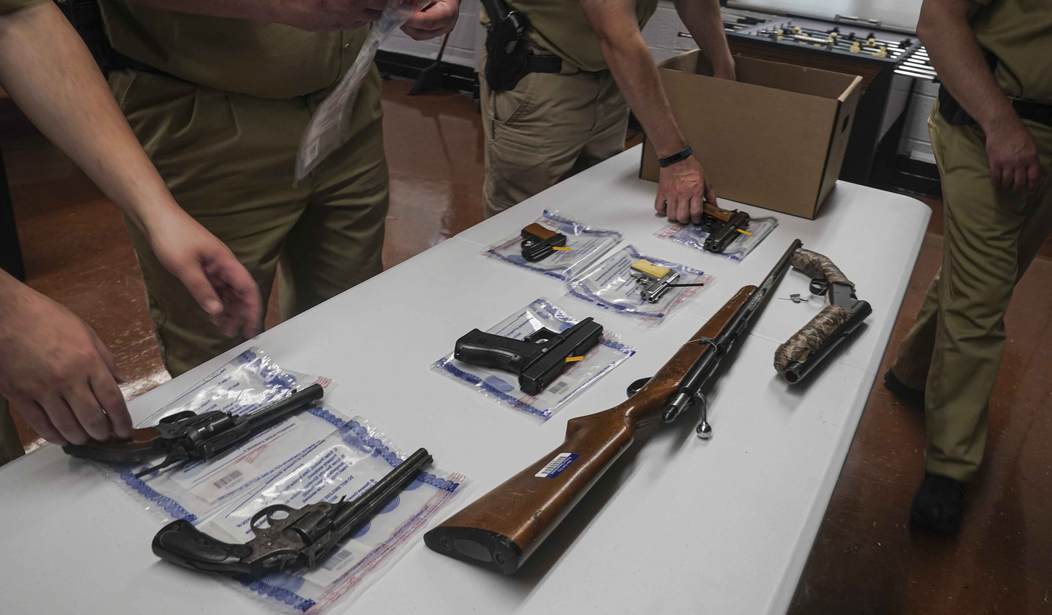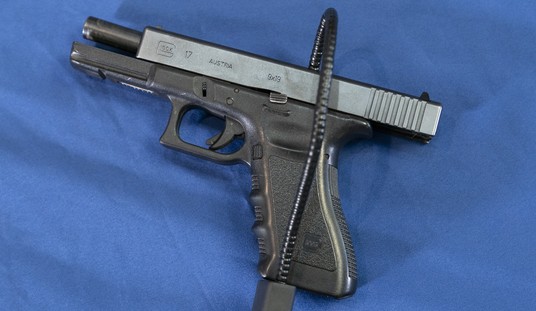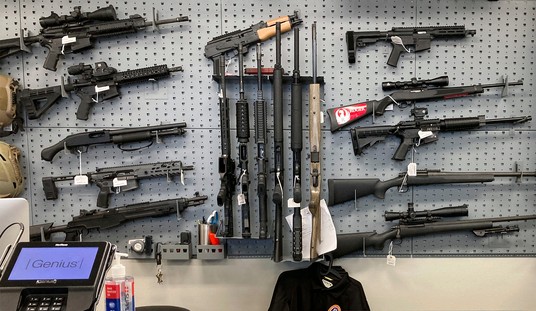Gun “buybacks” (I prefer the term “compensated confiscation” instead) programs are a dumb idea in general, but at least most of the time it’s not taxpayer money being wasted.
That’s not the case in Winston-Salem, North Carolina, unfortunately, where your money (or more accurately, money we’re borrowing that will have to be repaid with interest by taxpayers at some point in the future) is being used to fund a garbage gun roundup this coming weekend.
On Nov. 20, police collected more than 350 guns and paid out all $50,000 allotted for the day’s buyback event using funds from the Coronavirus Local Fiscal Relief Fund. None of the weapons collected had been reported stolen.
The city now plans to host another gun buyback event from 9 a.m. to 1 p.m. on Jan. 15 at the Winston-Salem Fairgrounds Midway at 2886 Shorefair Drive.
“The city-wide gun buyback is part of comprehensive efforts to reduce gun violence and increase community safety,” the police department said in a news release.
This second round of the program will continue to be funded through the Coronavirus Local Fiscal Relief Fund with the department offering $100 for long guns, $150 for handguns and $200 for assault rifles.
The department will accept pellet guns, BB guns, ammunition, starter pistols, black powder guns and replica toy guns but will not offer cash for these items.
“There was overwhelming support from the community during the first buyback program,” said Councilwoman Barbara Hanes Burke in a news release. “In fact, the program was received so well that funds were gone within two hours of our start time. We were not able to buy back all guns from the citizens who wanted to participate. With this second, larger effort we hope that the citizens who missed out on the first opportunity are able to return and participate in the event Jan. 15.”
A couple of things to note here. First, while the last “buyback” may have been a success in terms of spending money, it doesn’t appear to have had any impact whatsoever on violent crime. There were 44 homicides in the community last year, and a good number of them happened after the compensated confiscation back on November 20th, with the city reporting 35 homicides just two weeks before the end of the year. If anything homicides appear to have accelerated after the “buyback” was held, with at least ten homicides taking place in just the final two weeks of the year.
I don’t think there’s any reason to celebrate here, much less go back for another helping helping of failure, but these programs aren’t really judged for how much they reduce violent crime. Instead, the metric for most public officials is really “how much positive press did we get,” and in that the compensated confiscation events are generally a boost to politicians who want to seem like they’re doing something to address violent crime. If they can spend other people’s money to do so, all the better (for them, anyway).
According to the U.S. Treasury, the Coronavirus Local Fiscal Recovery Fund has paid out more than $19-billion, primarily to “local governments typically serving a population under 50,000,” and clearly there aren’t many limitations on how the money can be spent, including on programs that have proven to be of no value whatsoever, as a 2021 study clearly demonstrated.
Gun buyback programs (GBPs), which use public funds to purchase civilians’ privately-owned firearms, aim to reduce gun violence. However, next to nothing is known about their effects on firearm-related crime or deaths. Using data from the National Incident Based Reporting System, we find no evidence that GBPs reduce gun crime. Given our estimated null findings, with 95 percent confidence, we can rule out decreases in firearm-related crime of greater than 1.3 percent during the year following a buyback. Using data from the National Vital Statistics System, we also find no evidence that GBPs reduce suicides or homicides where a firearm was involved. These results call into question the efficacy of city gun buyback programs in their current form.
I’m sure that the supporters of Winston-Salem’s compensated confiscation effort will claim that the event is a valuable means of reducing violent crime, but if they followed the science they’d be forced to admit they’ve got no evidence to back up their assertions. Want to reduce shootings? Target violent criminals instead of inanimate objects. Want to put public relations over public safety? Hold a taxpayer-funded “gun buyback” and wait for the local media and gun control activists to praise your outside-the-box thinking.









Join the conversation as a VIP Member